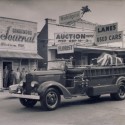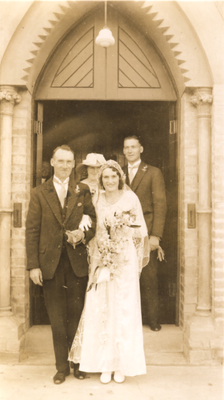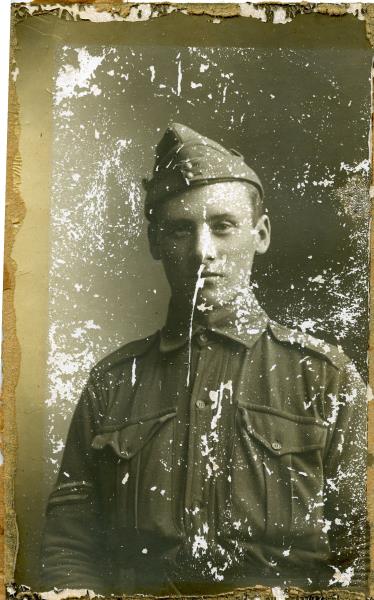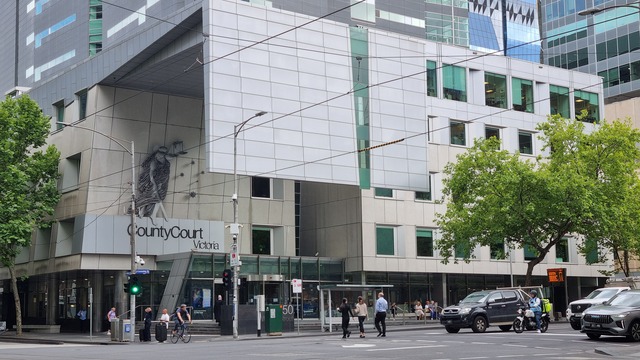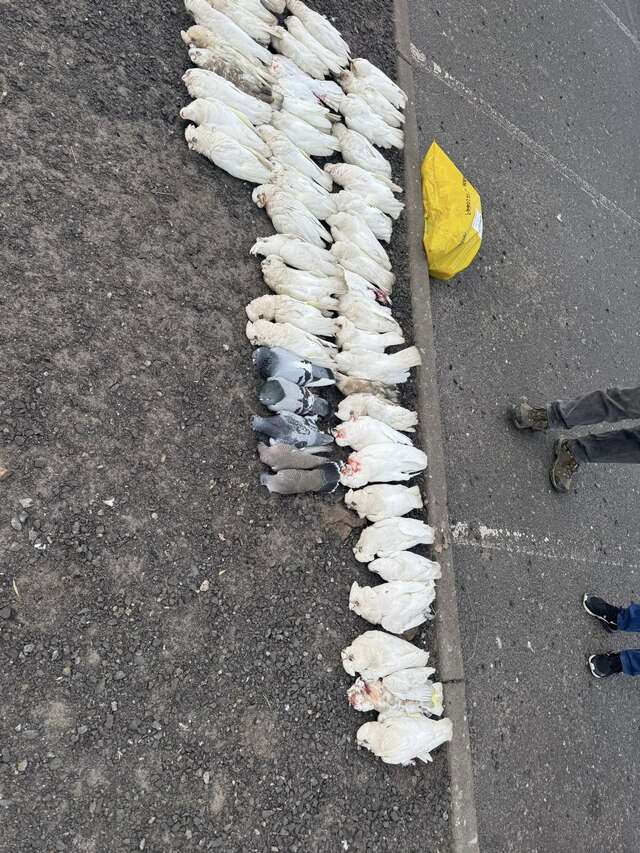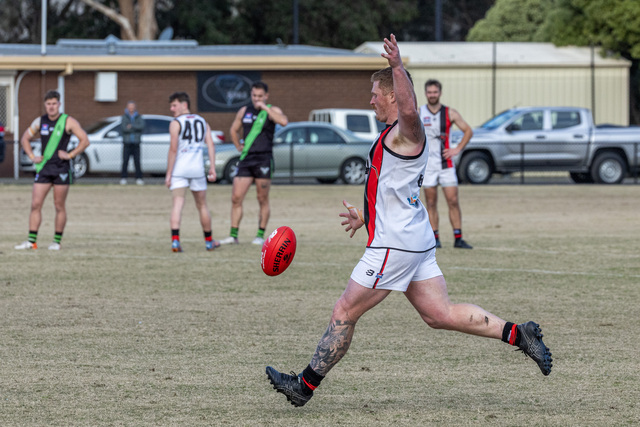By NARELLE COULTER
BARBARA EDWARDS said with a laugh that she knows more about her father, Harold Tulloch, from the pages of the Journal than she ever learnt from the man himself.
Harold ‘Occa’ Tulloch was one of the “backroom boys” at the Journal, one of the printers who managed the presses which clanked away at the rear of the old Scott Street office.
Harold was also a Gallipoli veteran whose first-hand account of the famous conflict was recounted in the Journal’s special Anzac centenary edition.
The son of blacksmith James Tulloch and Emma Webb, Harry was educated at Dandenong Primary School, where his name appears on the school honour board, before he took up an apprenticeship as a compositor at the Journal.
Political upheaval in Europe propelled the 24-year-old to sign up for war, board a troop ship for Europe and eventually disembark on a small peninsula in Turkey on 25 April 1915.
Corporal Tulloch’s letters to his Journal colleagues paint a vivid picture of that famous landing and the bloody trench warfare that followed.
“We kept in the boat till it grounded, then sprung ashore, or rather into water up to our waists, holding our rifles well out of the water, and waded ashore,” he wrote.
“Just as we got ashore shrapnel whistled over our heads and burst over the boat following us, causing about a dozen casualties.”
Barbara Edwards, who now lives in Pakenham, said her father never talked about the war.
“He was a very quiet man, very reserved,” she said.
“We actually didn’t see a lot of dad. He worked at the Journal and when he came home he was on duty at the fire station.
“He spent a lot of time polishing all the brass around the station.”
Her husband Jack added: “At night he would sit down and read Westerns. And on Fridays he always had a bag of chocolates to eat.”
Harold was 39 when he married Doveton girl Elsie Grahame, who was just 20.
They had two children, Murray, now deceased, and Barbara.
The family lived at the Dandenong Fire Station in Mason Street where Harold was the station master.
He had volunteered with the brigade in 1917 shortly after returning from war and stayed for 37 years.
“Every time the fire bell rang Occa got off work,” said Jack with a laugh.
Barbara remembers delivering messages to her dad at the Journal office and of him taking calls from a distressed Elsie when Murray had absconded.
“Murray was a wonderer so when mum was on duty at the fire station and she couldn’t find him she’d have to ring dad. One time dad found him on Kirkham Road on his trike.
“For many years mum couldn’t leave (the house) because she had to man the phone.”
Barbara remembers volunteers lumbering up the bell tower in the station’s backyard during ladder training.
“I used to get on top of the tower as a girl and watch what was happening at the showgrounds or to escape from mum.
“There is no way she would go up there with all the neighbours watching.”
Because of their commitments at the station, the family never went on holidays together. However, Harold loved fishing and would go all the way to Woori Yallock to dig for worms.
“He would go off for a fortnight and never thought to ring mum,” said Barbara.
“Mum said to me their age difference didn’t matter but I think it did in later life.”
Jack and Barbara were married in 1957 and spent the following years as missionaries in the New Hebrides, now Vanuatu.
They returned home in 1963 for Harold’s funeral.
Jack describes Harold as a “quiet, accepting man”.
Legendary Journal reporter Marg Stork paid tribute to Harold in 1995 when the Journal celebrated its 130th anniversary.
Marg called Harold a “Father confessor“ not only to young apprentices at the Journal but also young fire brigade recruits.
He was a “quiet, friendly man with a great depth of sincerity,” wrote Marg with evident fondness.
Long-time Journal editor and owner Greg Dickson included Harold on his list of the “fine, loyal bunch who worked with me rather than for me” in his farewell address to readers in 1964, “men of the sterling type of the late Harold Tulloch, whom I fortunately ‘inherited’ with the Journal.”
Harold Tulloch did not quite live long enough to farewell the long-serving editor. He died the year before in the Heidelberg Repatriation Hospital.
His coffin was carried on the back of a fire truck, passing the Journal’s old Scott Street office where staff had gathered outside to pay their respects.
His work as a compositor may have passed into distant memory but this “backroom boy” took a leading role in the story of the Journal and in the defining chapter of Australian history.

